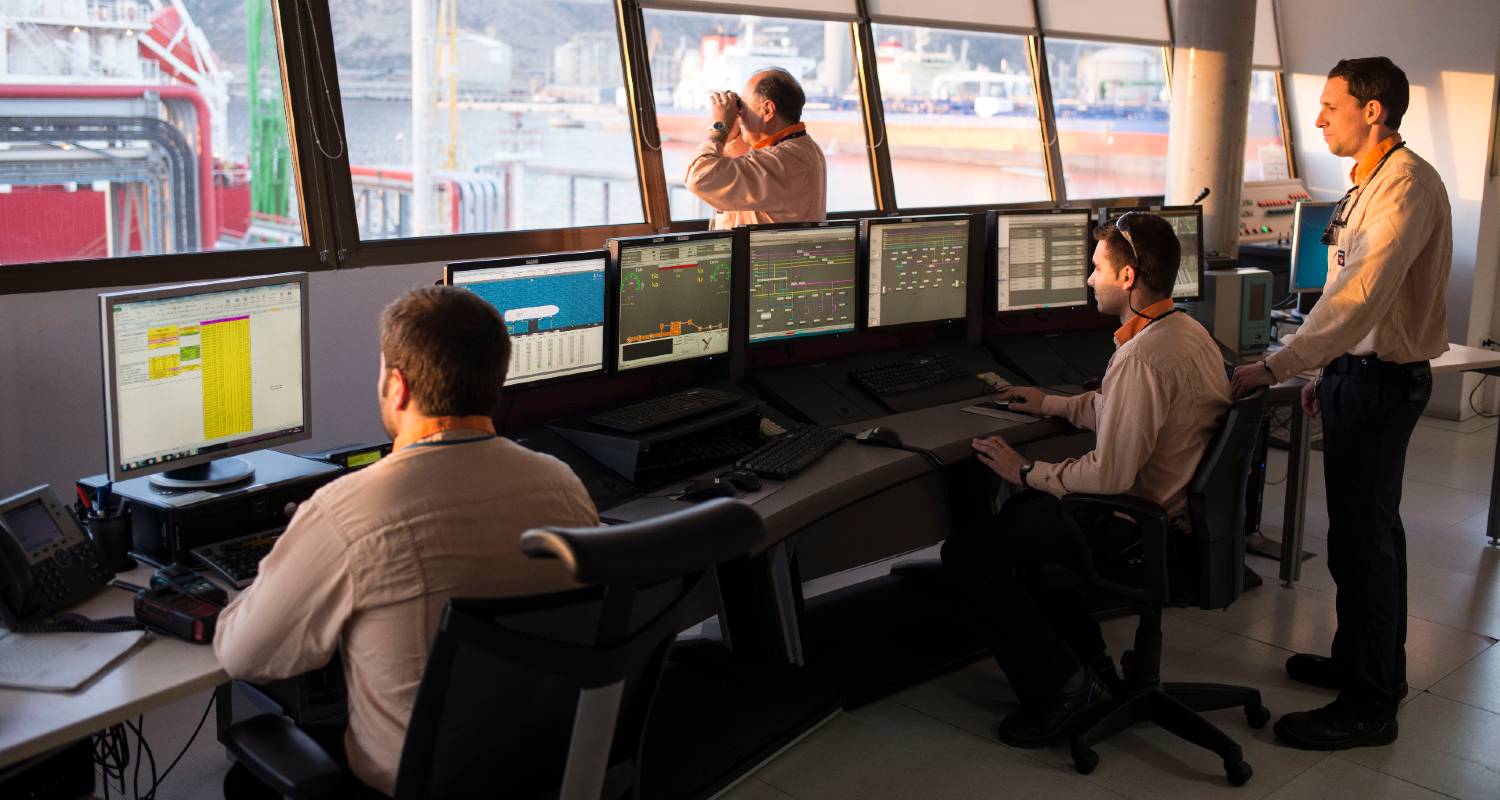People's safety
People's safety
Our commitment to safety makes people the protagonists
Our commitment to safety makes people the protagonists
When it comes to safety, we pay special attention to people and their values, behavior, and attitudes to reduce accident rates in all of our operations.

As well as training, we learn from our day-to-day work
As well as training, we learn from our day-to-day work
Innovating in our training and awareness programs
We have set ourselves the objective of creating innovative tools and methodologies for our training programs that use the latest technology to facilitate learning. To achieve this, we have developed the following techniques:
- Gamification: A highly effective way to promote learning is by incorporating games. Since 2015, we have been creating a whole host of resources ranging from simple board games to sophisticated online games for mobile devices, which allow us to use these techniques in both small centers and throughout the entire company, both by our employees and collaborating companies. Spin and learn is an example of these types of training games and is found on the website of the 10 Basic Safety Rules.
- Virtual reality: We have developed a pioneering virtual reality training program that allows our employees to experience the 10 Basic Safety Rules in a virtual environment.
More information on sustainability
More information on sustainability








